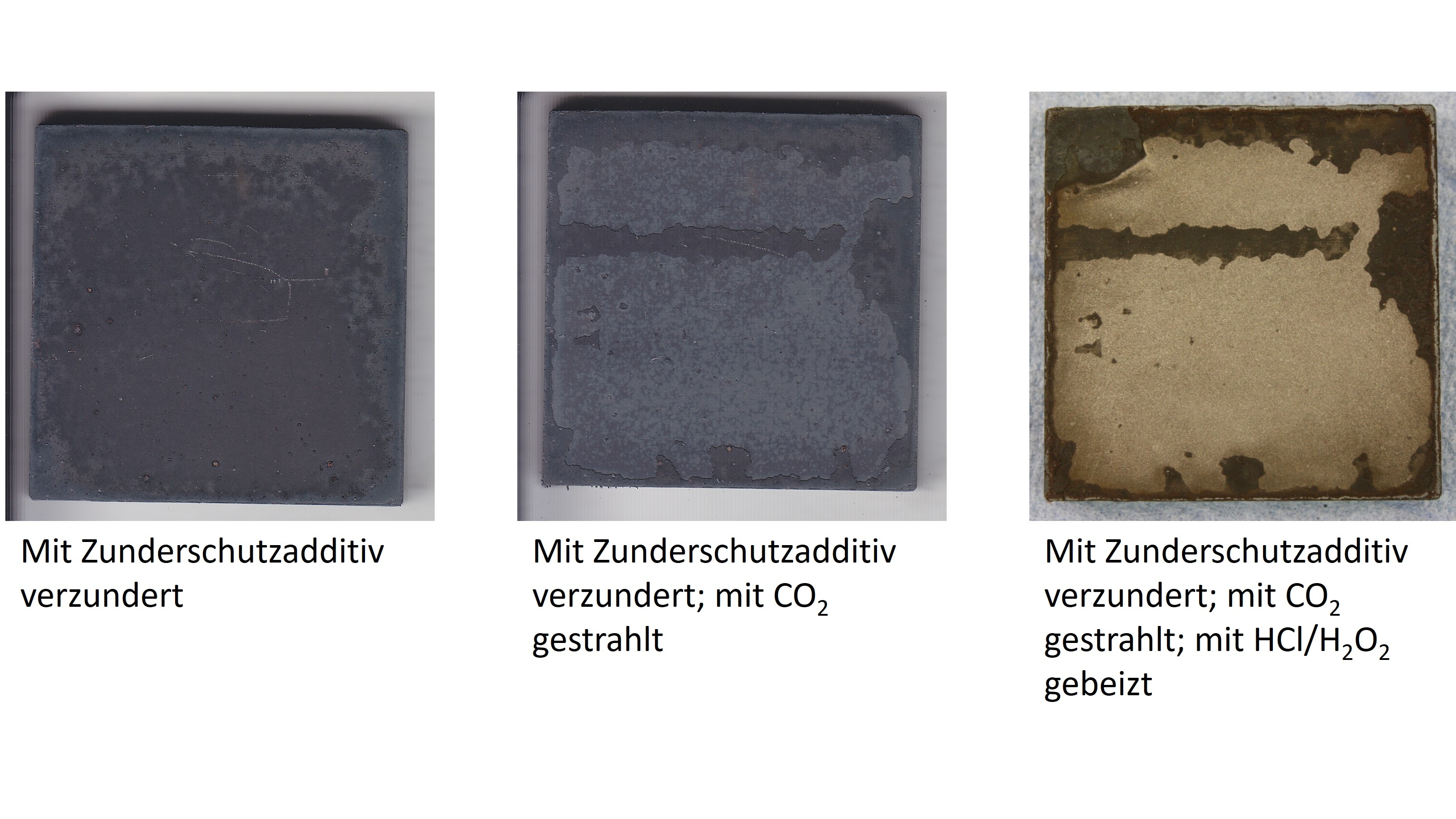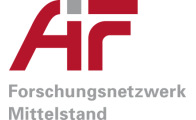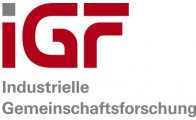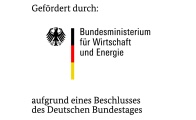InnoZun – Development of a process combination to improve the surface quality of pickled stainless steel strip using additives for secondary scale conditioning in combination with new innovative descaling and pickling processes

Initial situation:
The metalworking industry is faced with increasing demands in terms of efficiency and product quality. In order to fulfil these expectations, concepts have been developed for years to counteract the acid and energy consumption during the unavoidable chemical pickling process. In principle, chemical pickling can be minimised by specifically influencing scale formation during the heat processes, mechanical pre-treatment to break the oxide layer and suitable primary scale conditioning to reduce scale formation and adhesion.
The processes are associated with certain disadvantages. The aim of the project is therefore to optimise descaling through a combination of innovative additives to reduce adhesion and ductility of the scale layers (secondary scale) and with new descaling processes, so that the technical and energy costs of chemical pickling are minimised and the aggressive acids required for pickling can be replaced by acids that are less harmful to the environment.
Project targets:
The aim of the project was to develop a new approach to optimise the descaling of stainless steels. The combination of new descaling processes with innovative additives to reduce scale adhesion should enable the use of more resource and environmentally friendly pickling solutions. In addition, an improvement in surface quality was to be achieved by reducing the mechanical surface stress.
Innovative approaches:
- Development and testing of additives that influence the scale morphology and adhesion in such a way that the adhesion of the scale is significantly reduced and the ductility of the scale layers is reduced.
- Testing the introduction of additives in the scale scrubber to avoid additional process steps.
- Improvement of the descaling processes through
- Use of CO2 / particle bombardment
- Pressure reduction during press water descaling, thereby reducing nozzle wear and energy consumption
Benefits for the industry:
Optimisation of the overall process with regard to
- process safety
- acid and energy consumption
- environmental impact
- product quality
Note on funding:
The IGF Project No. 18731 N of the Forschungsvereinigung VDEh-Gesellschaft zur Förderung der Eisenforschung mbH, Sohnstraße 65, 40237 Düsseldorf was funded by the AIF within the framework of the programme for the promotion of joint industrial research IGF, of the Federal Ministry of Economics and Energy on the basis of the resolution of the German Bundestag. We would like to take this opportunity to express our sincere thanks.
The final report is available at the German National Library of Science and Technology (TIB) Hannover.
partners
Funding reference
Your contact person

6 Martin Wunde, M.Sc.
+49 211 98492-316
martin.wunde_at_bfi.de





